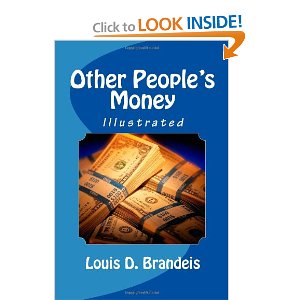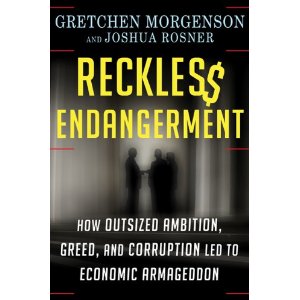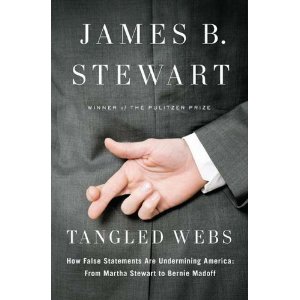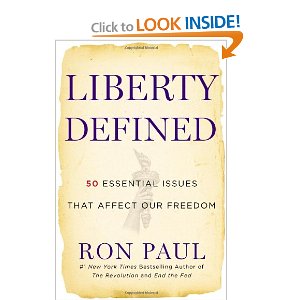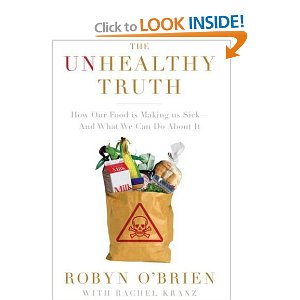
4.0 out of 5 stars Excellent but Superficial, June 9, 2011
By Robert D. Steele (Oakton, VA United States) – See all my reviews
I was expecting so much more from this book, it is almost a three in relation to disappointment, but assuredly a solid four as far as it goes. This is a very good review of politics at the top personality level, but devoid of any discussion at all of corruption, government ineptitude, and so on. The index stinks, mostly a name index, but that sums the book up–names, not root cause and effect.
Part I is about Deng, Thatcher, Reagan, Gorbechev, Eastern Europe coming free, Latin America moving to the center, and India awakening.
Part II is about Fukuyama, Greenspan (before he was striped naked), Bill Gates, Bill Clinton, Asia rises, and in a most interesting but all too short section: the role played by the anti-globalization advocates and the neo-conservatives.
Part III offers three scenarios, the world as Europe, the world as China and Russia, and the world as Pakistan.
In relation to my broader reading habits the book is disappointing. It is a journalism story not at all illuminating. Particularly annoying to me, and especially so noting the financial reporting capabilities of the author, is the absolute refusal to call a spade for what it is: a spade. The destruction, de-construction, corruption, and flat out fraud that permeated all of the governments under the varied leaderships discussed by the author do not exist within the jacket of this book.
At a simplistic level there is certainly value to the book, but it ignores so much I was constantly resisting the urge to simply put the book down and move on.
The author concludes that there are three sources of zero sum thinking:
1. Slower economic growth
2. Rivalry between the USA and China (no mention of Brazil, India, Indonesia, Iran, Russia, and Wild Cards like South Africa and Turkey that I noticed)
3. Clash of national interests in face of global challenges–the author's range of understanding of global challenges is very limited and traditional: climate change (which is 10% of environmental degradation), global economic imbalances (but no focus on massive fraud and corruption), nuclear proliferation (ho hum compared to poverty and infectious disease), resource shortages (duh, especially when farm land is the next bubble and food prices suffer from unethical politicians pushing ethanol), and failed states (no mention of the role of the US in increasing that number from 25 to 175 in the last 12 years).
When the author states that China is “stealing” jobs from the US I almost drop this book to a three. That is idiotic. Jobs are being exported from the USA by unethical CEOs with no grounding in moral capitalism, and allowed to do so by unethical politicians who are absolutely not making policy in the public interest.
The author anticipates that polarization and protectionism are the most likely near-term national reactions, and this is the point at which I realize he has absolutely no idea about what is going on among the young and those that have labored in the evolutionary activism, emergence, and open everything circles these past twenty years.
QUOTE I liked (275): “On every one of the big global issues, a mixture of national interests and ideological disagreements blocks the chances of an international deal.”
Although I like the quote it reflects a complete lack of appreciation for panarchy, end-user democracy, open information-sharing, hybrid coalitions across the eight tribes (academia, civil society, commerce, government, law enforcement, media, military, non-governmental/non-profit).
My view of the author as totally status quo and convention is confirmed when he states that the existing international economic system must be preserved at all costs.
There is nothing in this book that actually helps understand complexity or foster resilience.
Ten books I recommend instead:
Nonzero: The Logic of Human Destiny
High Noon 20 Global Problems, 20 Years to Solve Them
A More Secure World: Our Shared Responsibility, Report of the High-Level Panel on Threats, Challenges and Change
Reflections on Evolutionary Activism: Essays, poems and prayers from an emerging field of sacred social change
The World Is Open: How Web Technology Is Revolutionizing Education (Wiley Desktop Editions)
The Fortune at the Bottom of the Pyramid, Revised and Updated 5th Anniversary Edition: Eradicating Poverty Through Profits
The Wealth of Networks: How Social Production Transforms Markets and Freedom
The Health of Nations: Society and Law beyond the State
Cognitive Surplus: How Technology Makes Consumers into Collaborators
Griftopia: Bubble Machines, Vampire Squids, and the Long Con That Is Breaking America


